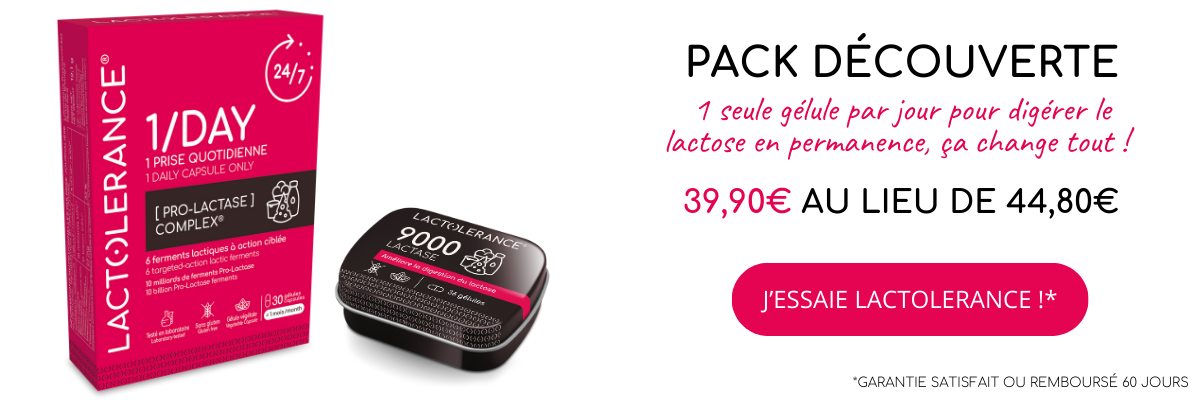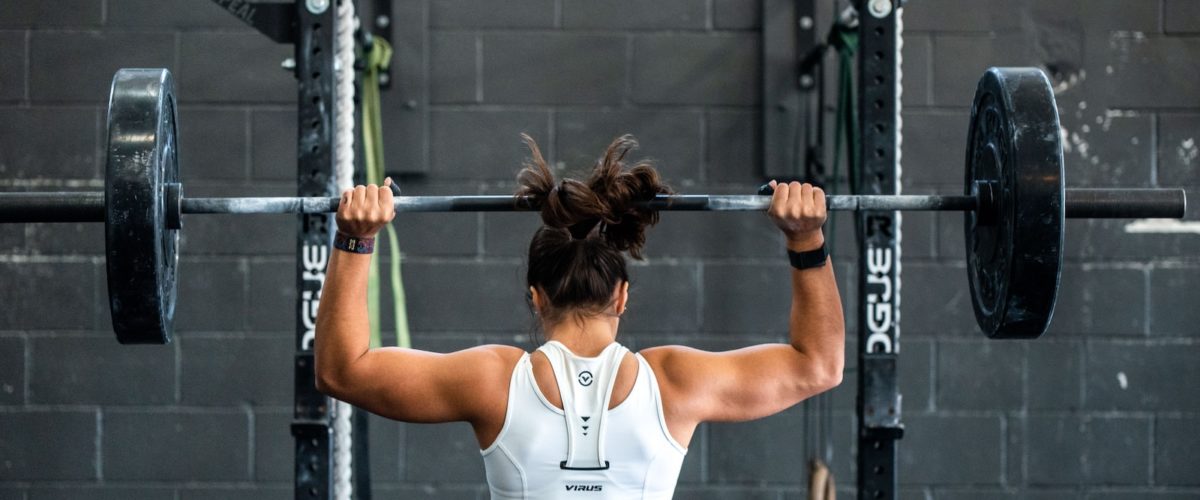
What lactose-intolerant people and sportspeople have in common is that they need a diet adapted to their needs and constraints, some to ensure digestive comfort and others to achieve their physical and health goals.
But what about the people in these 2 categories?
How can you combine sporting performance AND lactose intolerance?
In this article, Lactolérance gives you the keys to following your lactose-free diet in the best possible conditions, without compromising your sporting performance or your progress. 🏋️♀️
Lactose: an (additional) difficulty for sportspeople suffering from alactasia? 🤯
Some studies recommend the consumption of one to three dairy products a day for sportspeople looking to improve their performance. A recommendation that is very difficult to follow for sportspeople suffering from alactasia (lack of lactase in the intestine to enable digestion). lactose)...
The benefits of dairy products for the body
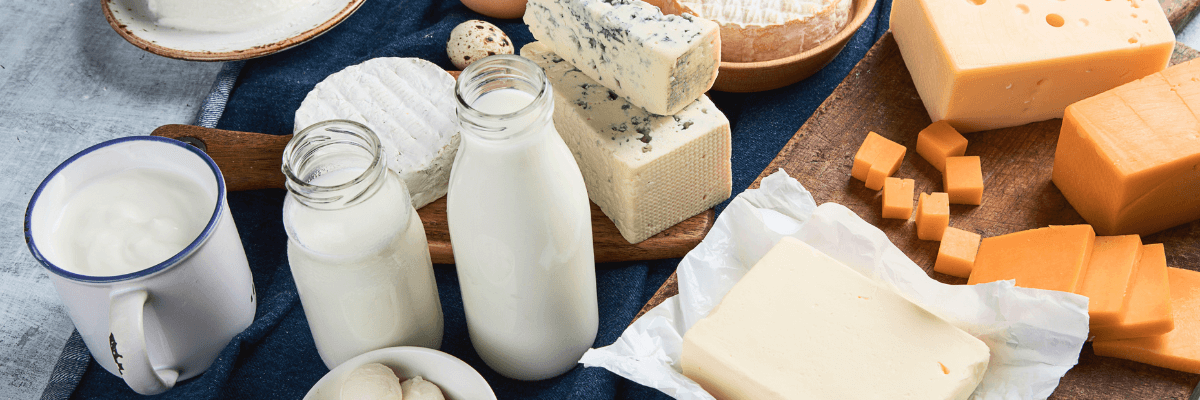
Dairy products play an essential role in the life of a sportspersonThere are several reasons for this. Firstly, they are extraordinary sources of calciumCalcium is a crucial mineral for maintaining bone health and preventing injuries associated with intense physical activity. Calcium is also essential for muscle contraction, making it a key element in sports performance.
As well as calcium, Dairy products are rich in zinc, magnesium and phosphorus, minerals that help regulate energy metabolism, protein synthesis and muscle health. These nutrients are particularly important for sportspeople, as they help them to maintain optimum physical condition and recover more quickly after exercise.
Dairy products are also an excellent source of vitamins, particularly vitamins A, D and B12. Vitamin D, for example, is necessary for calcium absorption and plays a crucial role in bone health. Vitamin B12 is essential for energy production and the formation of red blood cells, while vitamin A is important for vision and the immune system.
They are also the third most concentrated food in terms of BCAAs, amino acids that are essential for muscles during exercise and which help recovery and delay the onset of physical fatigue.
In a nutshell, dairy products provide sportspeople with the nutrients they need to support their performanceThey are therefore a valuable addition to the diet of any athlete who wants to maximise performance and stay in shape. They are therefore a valuable addition to the diet of any athlete who wants to maximise performance and stay in shape. However, it is important to note that most dairy products contain lactoseThis means that lactose-intolerant athletes are deprived of the benefits they provide.
Focus on whey, an essential part of sports nutrition

Whey A great ally of body-builders, it is made from globular proteins extracted from whey, which is the liquid residue left over from the coagulation of cow's milk. In other words, the protein powders loved by sportsmen and women also contain lactose. and can therefore cause a variety of digestive symptoms - abdominal pain, bloating, flatulence, etc. - in lactose-intolerant athletes. - in lactose-intolerant athletes.
Our alternatives for managing lactose intolerance in harmony with sporting goals
The lactose-free diet
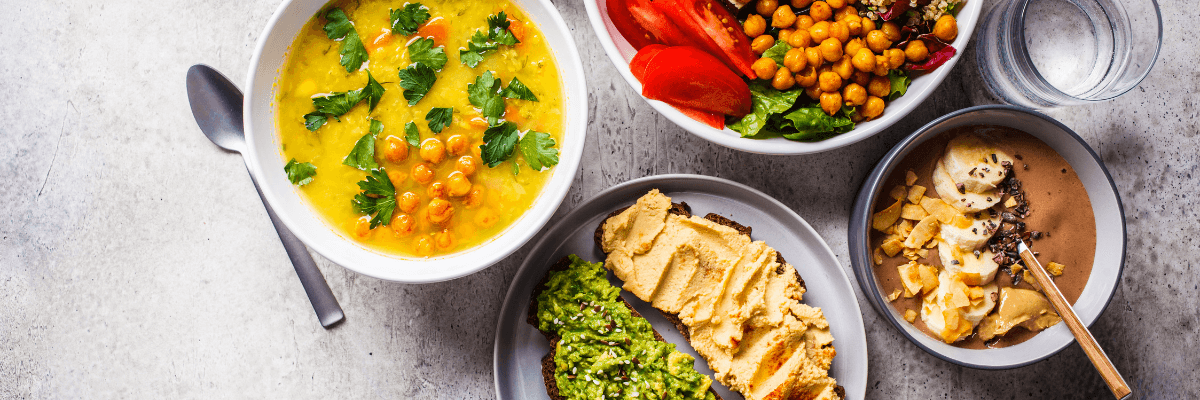
Like most people with lactose intolerance, a sportsperson suffering from alactasia will first turn to a lactose-free diet. In order to enjoy the same benefits as those provided by dairy products, this diet should include foods rich in similar nutrients.
Here are some interesting foods to include in your lactose-free diet:
- Dark leafy green vegetables Spinach, kale and broccoli are rich in calcium, magnesium and vitamins K and C, which promote healthy bones and muscles.
- Tofu Tofu is an excellent source of calcium and protein. It can be used in a variety of dishes, including stir-fries, stews and salads.
- Oily fish Fish such as salmon, mackerel and tuna are rich in omega-3 fatty acids, which are good for heart health and have anti-inflammatory properties. They also offer high-quality proteins for muscle recovery.
- Pulses Beans, lentils and chickpeas are excellent sources of vegetable protein, fibre, iron and magnesium. They can be added to soups, salads, main courses and snacks.
- Seeds and nuts Sesame, chia and flax seeds, as well as walnuts and almonds, are rich in calcium, magnesium and essential fatty acids. They can be added to cereals, smoothies, salads and snacks to boost nutritional intake.
- Plant milk : Some plant milks have an interesting calcium content, such as almond milk and coconut milk, which are also found in other plant-based foods. What's more, the calories contained in these milks are generally lower than in cow's milk, which can be a bonus when it comes to weight management for athletes!
By incorporating these foods into their daily diet, Lactose-intolerant athletes can maintain a balanced diet and benefit from the nutrients they need to support their performance and help them recover after exercise.
Lactose-free whey
Fortunately for whey lovers, there are now lactose-free protein powder references on the market. The sports nutrition industry is increasingly taking account of consumers' digestive sensitivities. However, we still need to be vigilant, and we urge you to take a close look at the composition and origin of your whey;
Any whey containing less than 0.01 g lactose per 100 g of finished product may be sold under the name "lactose-free whey".This is because it perfectly respects the tolerance threshold (estimated at around 12g of lactose per day) of most people with lactose intolerance.
Lactase supplementation: the 100% comfort alternative! 💊
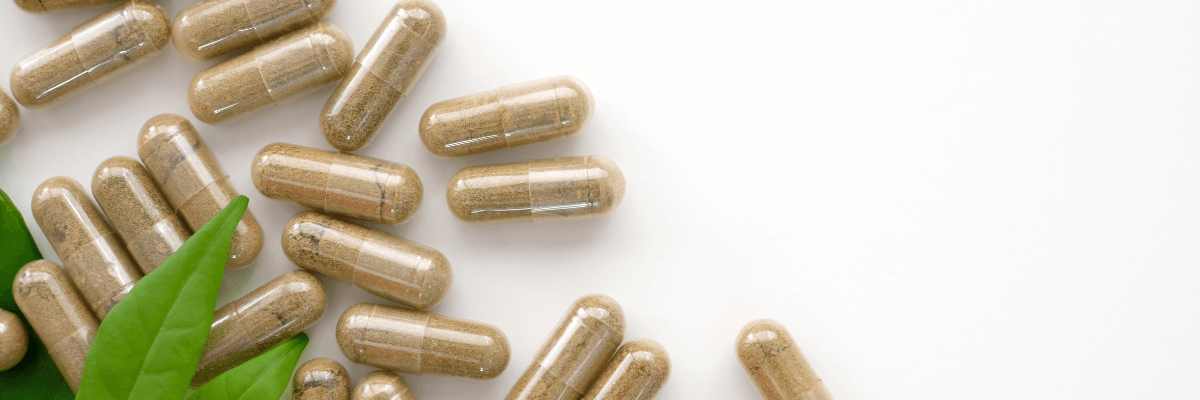
Lactase supplementation is like a lifeline for those struggling with the troublesome effects of lactose intolerance.
Imagine being able to savour a piece of cheese or enjoy an ice cream without fearing the unpleasant consequences that often follow! 😅
For over a decade, the French laboratory Physiosynthèse, with its Lactolérance brand, has been offering a range of food supplements specially designed for people with lactose intolerance. They contain a concentrated dose of the natural enzyme lactase 100%, which enables lactose to be digested without worry.
Lactolérance 4500 for moderate intolerances, Lactolérance 9000 for severe intolerance, and Lactolerance 1Dayan innovative formula that offers continuous protection for 24 hours, regardless of the degree of intolerance!
Thanks to this practical solution, no more anxiety or draconian dietary restrictions! 🤩🤩🤩
At last you can enjoy a varied, balanced diet without fear of the undesirable effects of lactose. Our lactase-based food supplements will allow you to benefit from all the nutritional properties of dairy products needed to boost your sporting performance, without compromising your digestion after the absorption of lactose.
⬇️ One step closer to the podium 😉⬇️

Hello, I'm Vincent
Like you, I'm lactose intolerantI know exactly what you're going through and the difficulties you encounter on a daily basis. For over 10 years, I've been helping our customers to use our dietary supplements and giving advice and tips on how to improve their digestive comfort. I'm also a keen cook and gourmet, so you'll find my favourite recipes for a lactose-free diet in this blog.
Lactose intolerance is not inevitable! With LACTOLERANCE you can digest with complete peace of mind
